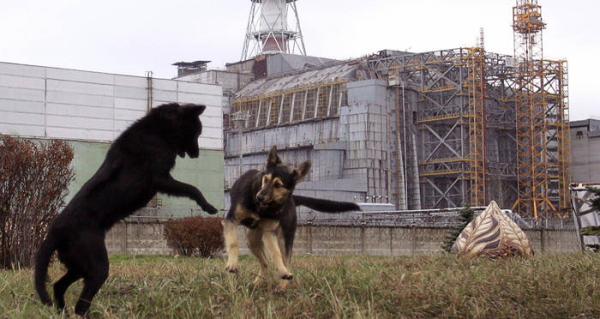An Artificial Womb: Straight Out of Science Fiction
May 10, 2017
In a study published on Tuesday, scientists in Philadelphia have successfully used an artificial womb for the first time on baby lamb fetuses. This comes after a long period of many years in which scientists have been trying to replicate human gestation. All of the attempts until now have been largely unsuccessful, so this prematurely-born lamb is a major breakthrough for the scientists of the world.
Human trials are not expected for up to five more years, if at all. Many are reluctant to get to human testing because of the question of morals: Should fetuses be grown inside of artificial wombs, removing the aspect of growing inside of a mother?
“Artificial Womb” in and of itself is a term that could make many feel unnerved and carries an almost dystopian feel. In addition to that, doctors working on the issue are saying that beyond ethical consequences, there could be legal repercussions as well.
A premature birth like that of the lamb is not something unheard of in humans. Still, current incubators used on premature babies do not continue the gestation process. The goal for the new wombs however is not to take over the whole gestation process; the doctors say they want to continue and encourage the growth and development of premature babies. This would allow these premature babies to be in better health and have a better ability to develop, since being born prematurely can have negative health effects on babies.
The current mortality rate for babies born before 23 weeks is 50%, with 70%-90% of those babies expected to suffer from serious complication and lifelong issues. Because these survival rates are a lot higher than they used to be, there are many more children today with disabilities than there used to be.
One Dr. Flake who was a part of the team in Philadelphia said that the ethical dilemma arises when we decide whether or not to keep the baby alive. He mentioned that likely, the babies that would be a candidate for the artificial womb are babies that would not be resuscitated in the case of death.
All of this goes to show that the future of artificial wombs and the questions surrounding the ethics of it is still very cloudy and uncertain and much remains to be determined. What is for certain is that the team of doctors working on this issue are trying very hard to preserve life and help those that are born under difficult circumstances.









